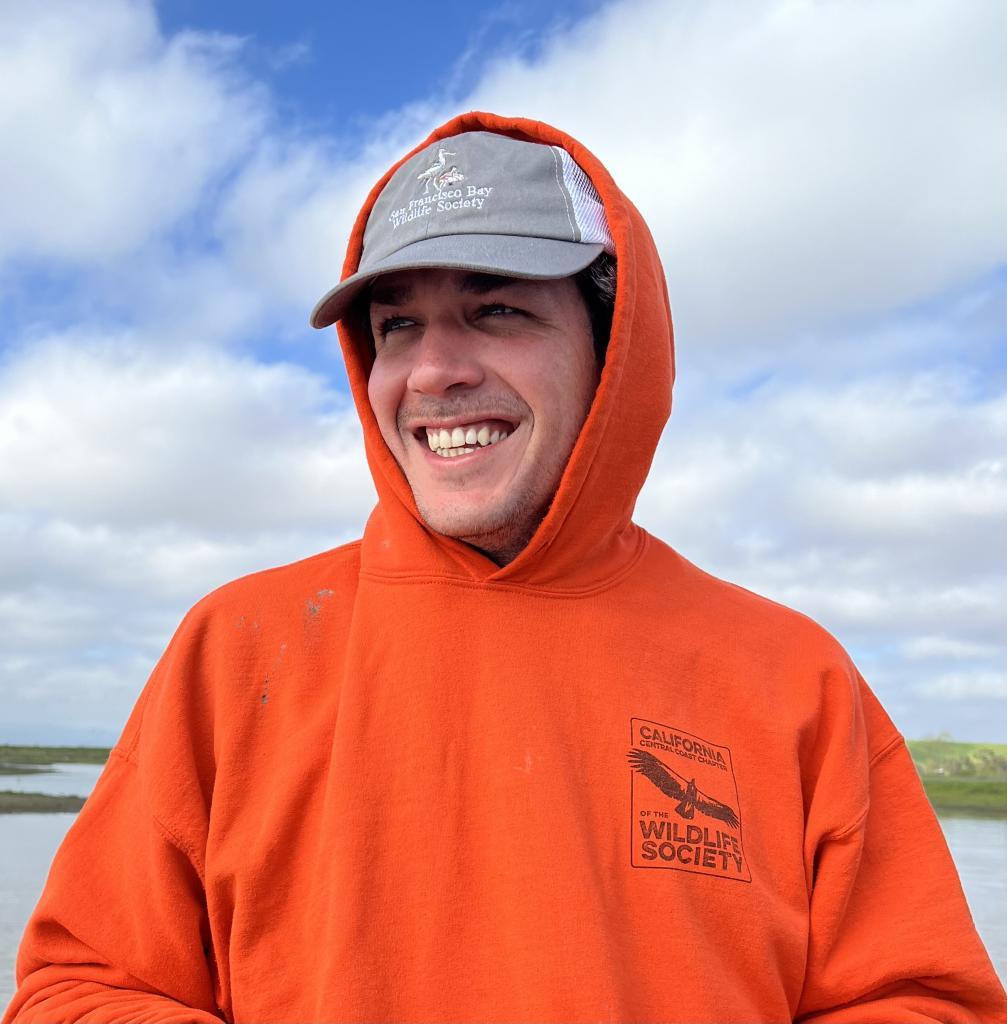Armando Valencia is a wildlife biologist, designer, and researcher in the Department of Environmental Science, Policy, and Management at the University of California, Berkeley; specializing in fieldwork and data collection in California’s Mediterranean ecosystems. Armando’s heritage is connected to the early citrus packing houses of Redlands, California, which informs his understanding of California’s rich agricultural history and the American experience. Armando's personal background inspires his commitment to learning from and supporting community-led knowledge systems that are critical to preserving and restoring culturally and ecologically significant landscapes.
Armando conducts research analyzing the role of prescribed fire in enhancing acorn viability in the Nelson lab at UC Berkeley guided by Dr. Peter Nelson (UCB) and Dr. Tony Marks-Block (CSU, East Bay). This work supports fire management practices that have been impacted by fire suppression and the displacement of Indigenous stewardship systems, aiming to reduce insect pest infestations, increase foraging rates, and regenerate historically significant acorn crops.
Aa a board member for the California Society for Ecological Restoration (SERCAL), Armando advocates for equitable management practices and broader cultural representation in ecological restoration and wildlife services. As a docent and "dipper" at Jepson Prairie Nature Preserve and former wildlife biology associate at Don Edwards San Francisco Bay National Wildlife Refuge, Armando educates the community about vernal pool ecosystems and endangered species that inhabit them, such as the California tiger salamander, Vernal pool tadpole shrimp, and various fairy shrimp. His work is guided by a commitment to addressing the impacts of extractive economies, settler colonialism, and anti-Indigenous practices, aiming to support an encompassing vision of holistic environmental efforts in academia, private sectors, and public spaces.
 AV_CV_FALL_24.pdf
AV_CV_FALL_24.pdf 

